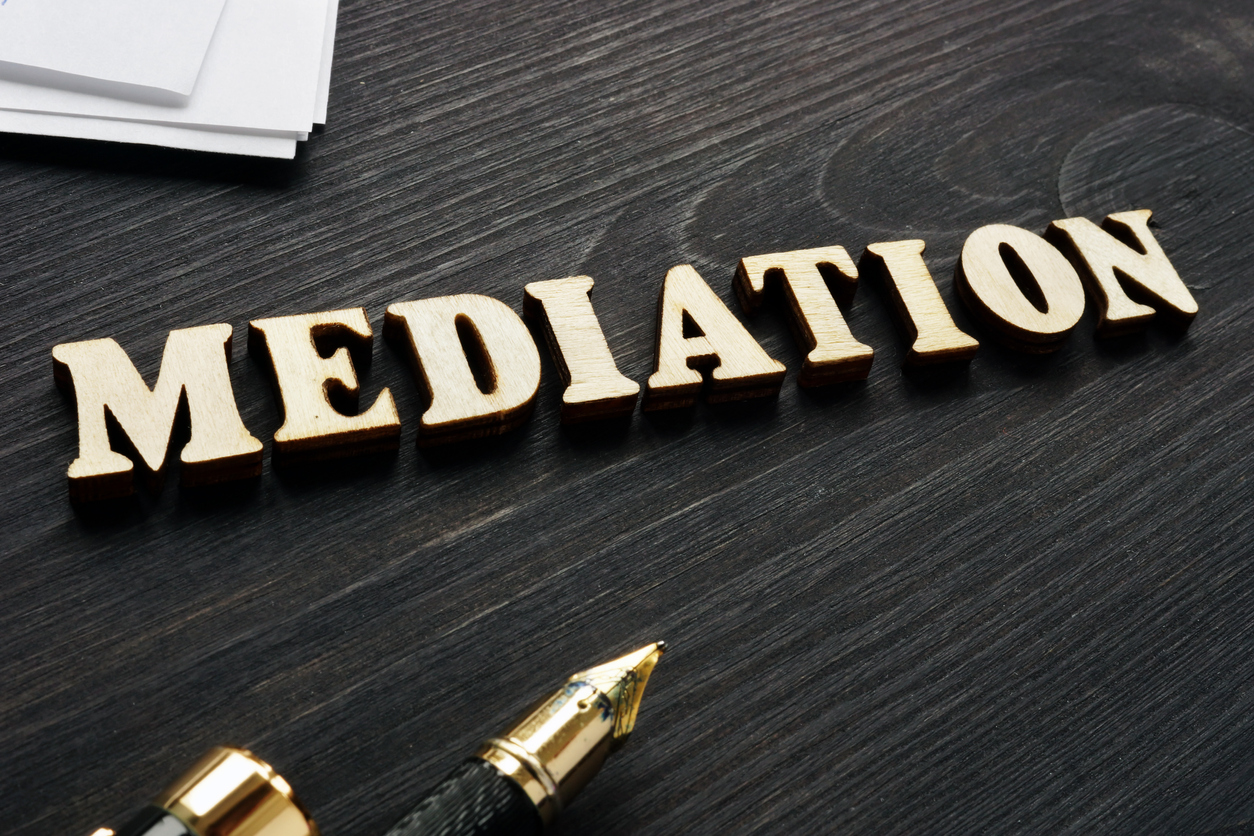The Louisiana Department of Insurance established a voluntary mediation program for residential claims less than $50,000 in dispute that went into effect yesterday. The bulletin announcing this program explained the historical basis for this program:
In the wake of property devastation caused in 2005 by Hurricane Katrina and Hurricane Rita, the Louisiana Department of Insurance (‘LOI’) issued Emergency Rule 22, which established a mandatory mediation program. The mediations conducted pursuant to Emergency Rule 22 resulted in the mediation of approximately 12,000 property damage disputes with a very high success rate. Given the success of that mediation program, the LOI is optimistic that a similar mediation program, to be known as the “Hurricane Ida Mediation Program” (the ‘Program’), could yield similar success.
I was a participant in—and an after-the-fact recipient of complaints about—the voluntary mediation programs in Louisiana and Mississippi following Hurricane Katrina. The one thing that kept sticking in my mind was the incessant badgering by the mediators about drawn-out litigation and the peace of mind which policyholders could receive if they would just accept the insurance company’s low-ball offer. Rather than discussing what was owed and the legal remedies policyholders had for delayed and low ball offers to settle, my impression was that scare tactics and pressure were placed on policyholders faced with a situation with which they had little familiarity.
While a fair settlement is good and should be promoted as a matter of good public policy, a bad settlement being forced by browbeating is simply not right. If you are a Louisiana policyholder and decide to attend a voluntary mediation, you should at least speak with competent legal counsel before the mediation so you are fully aware of your rights! Good mediators will not browbeat policyholders and should urge policyholders to get legal advice before signing a full and final release.
Over a decade ago, I wrote in, Impressions Following the Alternative Dispute Resolution Roundtable, about the insurance industry’s hope that mediation can get claims settled with policyholders who get ripped off in the mediation process. Some of those clients and their low-ball mediation offers even made news in Biloxi following Katrina:
The insurance industry wants to push mediation. It wants to do this to avoid the perceived negative results of appraisal and still provide an alternative to litigation. My impression is that the insurer’s financial desire to achieve a reduction in the amount of claims severity (the average amount an insurer pays out for claims) can be achieved through a negotiation process where the insured can be leveraged by the prospect of delay and expense. Insurers train adjusters how to negotiate and even a voluntary mediation process can be abused. A Biloxi television station ran a feature of clients we represented that twice went through the Mississippi Department of Insurance mediation program following Katrina.
Mediation is good if the parties are equal at the bargaining table. Most policyholders are not professionals about the benefits of their insurance and how to measure their loss. They are not experienced at negotiating at mediation. Most policyholders are not knowledgeable about all of their rights. The meditator is not there to educate the policyholder but to get a settlement. Get advice before the mediation and do not cave in without first speaking with competent legal counsel.




